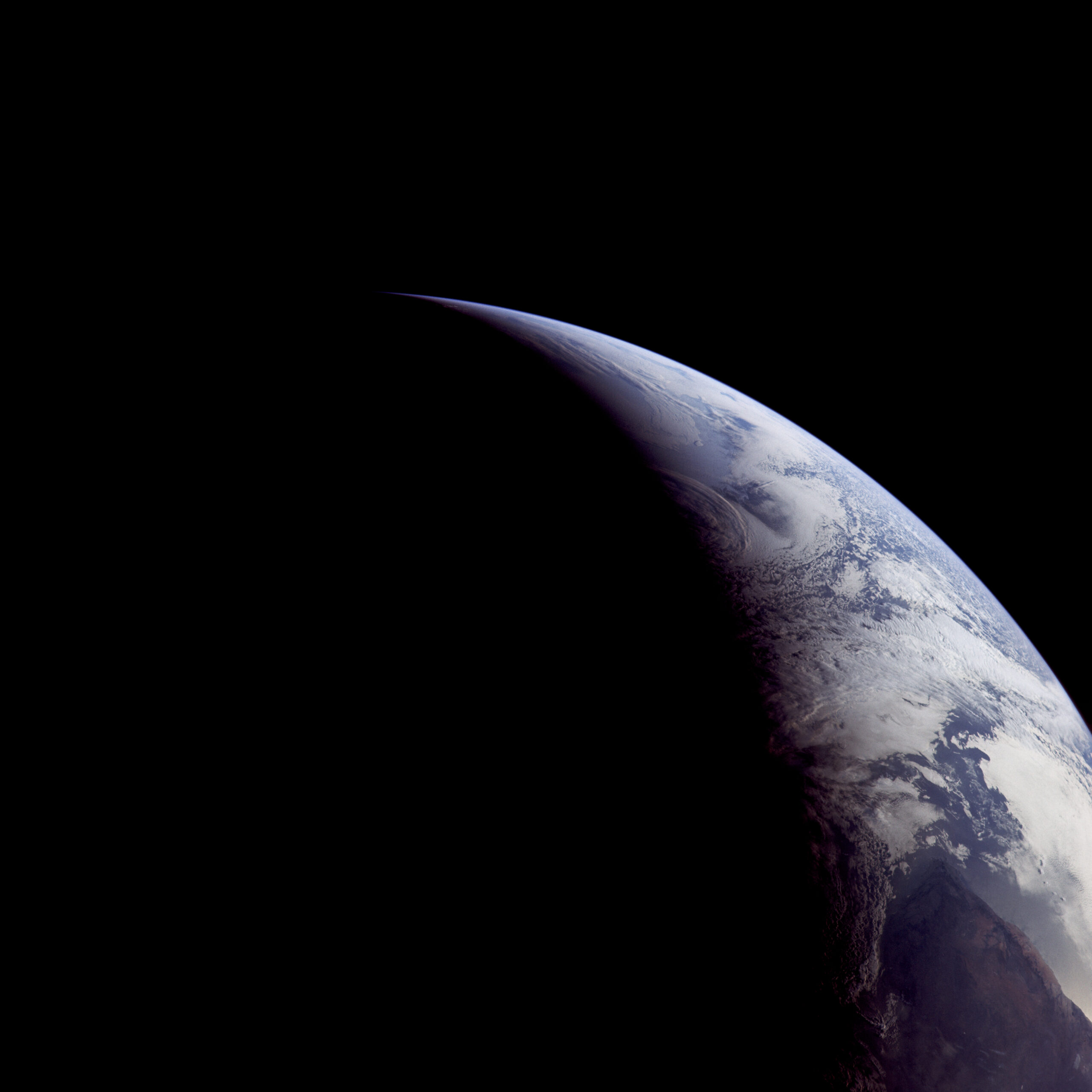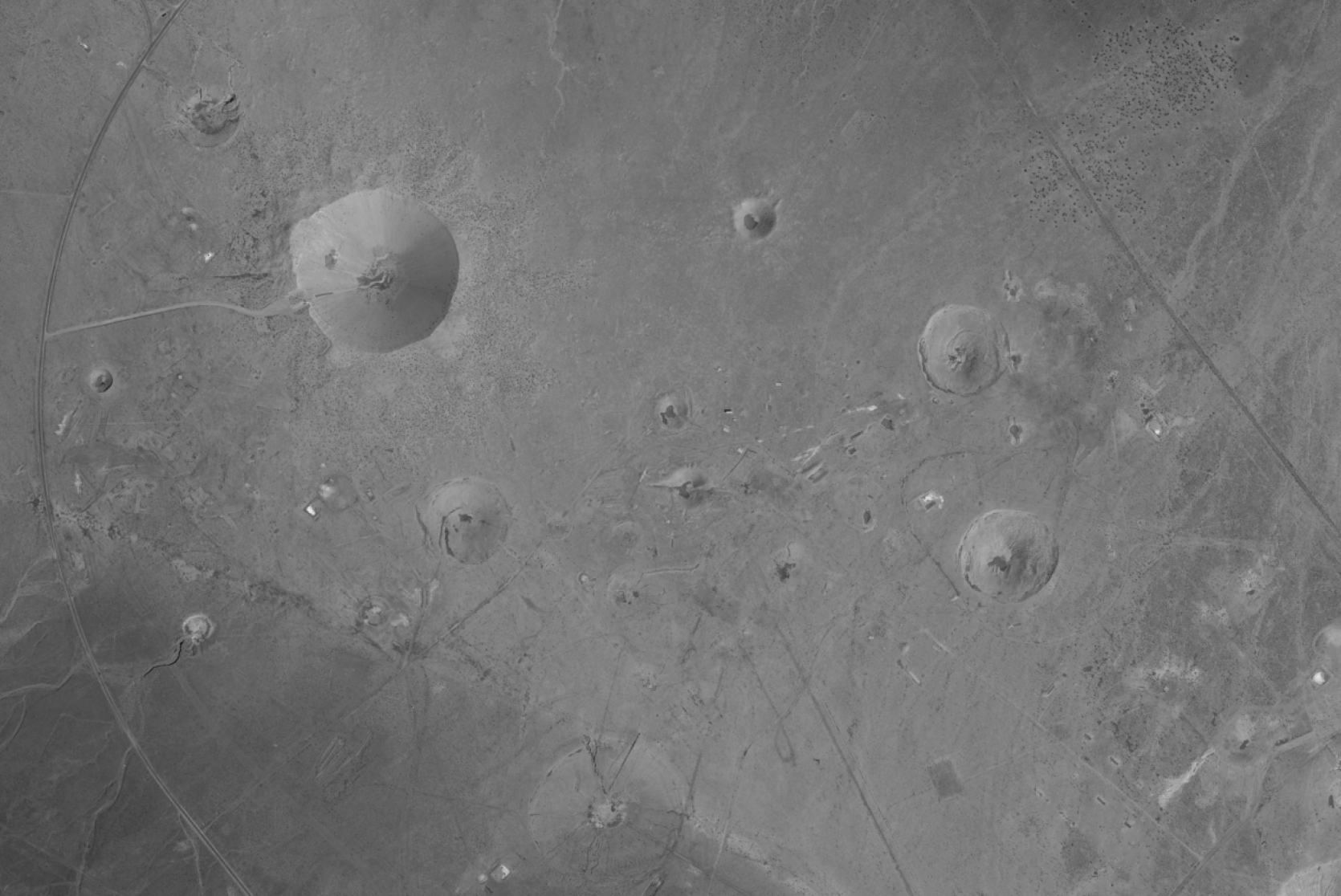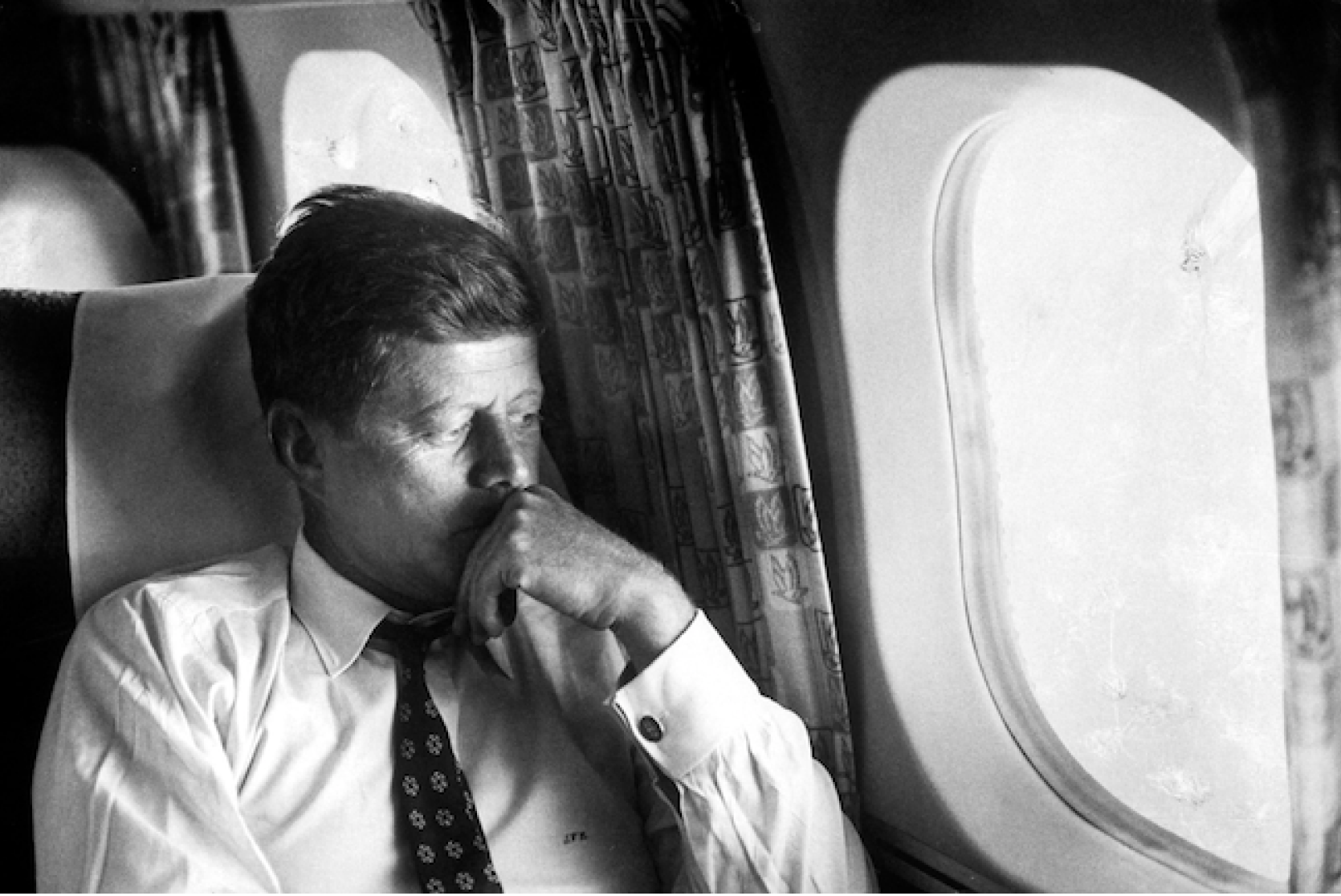A nuclear war, whether initiated through accident, miscalculation, or deliberate use, could result in fatalities in the first few days on the scale of World War I or World War II. Billions more people could be threatened by crop devastation from climate effects. The ensuing chaos could irrevocably destabilise civilization and leave us more vulnerable to other existential threats.
Russia’s nuclear threats after its 2022 invasion of Ukraine are a reminder that nuclear weapons are not a thing of the past. Many experts believe we are entering a new nuclear age marked by greater geopolitical conflict and rapid technological change. Risk of nuclear use has increased since Russia’s invasion, with some analysts arguing this is the most dangerous moment since the Cuban Missile Crisis of 1962.
A world in which nuclear weapons spread and are used again and again is one possible future, but it is not inevitable. Nuclear threats can be addressed through careful diplomacy backed by sound science. Over the past eight decades, we have seen how leaders, scientists, scholars, journalists, and engaged citizens made a difference in understanding the risks inherent in the nuclear age and creating solutions. We seek to build on this success, focusing on the most extreme nuclear risks: wars involving the US, Russia, and China.
Are you a major philanthropist seeking to learn more about these areas? Get in touch with our Founder & President Natalie Cargill at natalie.enquiries@longview.org.
For donations of any size, please see our Nuclear Weapons Policy Fund.



